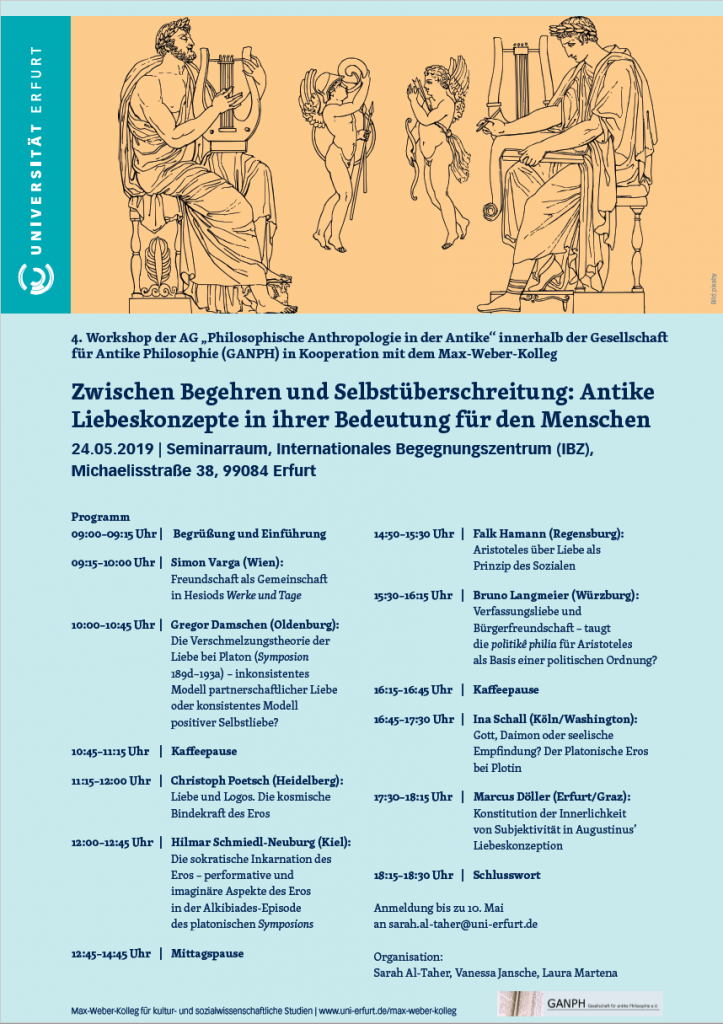Based on the analysis of the archaeological, epigraphic and textual evidence and its critical assessment, my research explores topographic-urbanistic, social, and religious dimensions of the transformation of Rome’s sacral topography in Late Antiquity, a topic that still lacks a monographic study. My methodology can be subsumed under the term synopsis and includes: (1) studying the late antique period as intrinsic to Rome’s millennial history, without being biased by a teleological view on the outcome, that is, Rome as the capital of a Christian empire; (2) analyzing all cult places and all areas of the city, including the suburbium; (3) the combined consideration of the dimensions of space and time; and (4) examining connections and connectors between places (material, permanent ones, e.g. streets; ephemeral ones, e.g. processions; immaterial ones, e.g. visual axes). This synoptic analysis of the cityscape constitutes the essential step that leads not only to a quantitative increase of data, but will induce a qualitative shift in the research. Moreover, it will re-embed Rome’s sacral topography within its urban (‘general’) topography without the two being separated from one another. Rome’s sacral topography has not yet been analyzed with a similar approach, neither for Late Antiquity nor for earlier times.
Schlagwort: antiquity
Ramón Soneira Martínez is going to present a working paper on ‚Repulsion and religious indifference: connections between unbelief and resonance theory‘
The second chapter of my dissertation deals with the Resonanztheorie of Hartmut Rosa. The chapter has two main parts. The first one is focused on the analyses of religious practices using the theoretical background of the theory of resonance. The second one develops the possible connection between the term unbelief and the Resonanztheorie. The main idea is that the framework of the theory of Resonanz can be an interesting tool to analyse the complexity of the phenomena related to unbelief as deconversion, blasphemy or atheism not only nowadays but also in other historical contexts. To conclude this paper, I introduce briefly the possibility of this study of unbelief considering the Resonanztheorie in antiquity, especially in Classical Athens.
A workshop is taking place at the Max-Weber-Kolleg
On Max 24th 2019 a workshop an Love in antiquity is taking place:


